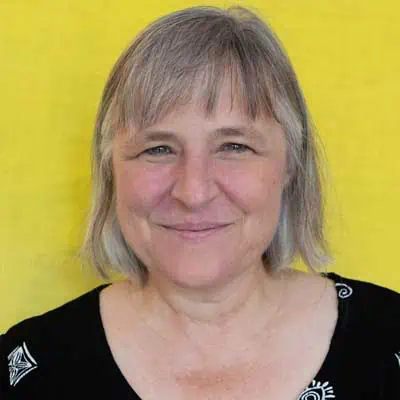
Hope
November 25 @ 7:00 pm - 8:30 pm PST
Cost: $20About the Event
Do you struggle with hope? Have the events, political and personal, of the last years impacted your ability to have a sense of optimism and possibility for the future?
Unhealed trauma is timeless in the brain. The brain doesn’t realize that any time has passed since that intrusive memory originally happened. As a result, our sense of the past, the present and the future are all made grimmer until our trauma is healed. (Healing trauma means transforming it from scary memory into our coherent life story.) When we have healed at least a little of our trauma, hope starts to be reborn. (Or born in the first place, if we’ve never had it.) And hope is important for our immune systems, for our energy levels and for our mood.
Join Sarah Peyton for a 90-minute webinar exploring the relational neuroscience of hope, its interrelationship with trauma, and the gifts that resonance can give us.
Please note:
- This is an online zoom webinar that runs for 90-minutes with an optional 30 min Q&A.
- Purchase includes invitation to the live webinar and post-webinar access to access the recording + slides. The slides include research citations where relevant.
- This webinar is the November meeting of Sarah’s 2025 Neuroscience and Resonance monthly series
- We are delighted to offer 1.5 continuing education (CE) hours for psychologists and social workers for this course ($40 additional fee). Details here
- 100% Live attendance is required to receive CEs.
Cost and How to Register
Do you struggle with hope? Have the events, political and personal, of the last years impacted your ability to have a sense of optimism and possibility for the future? Join Sarah Peyton for a 90-minute webinar exploring the relational neuroscience of hope, its interrelationship with trauma, and the gifts that resonance can give us.
$20.00
If you have questions or need support, please email [email protected]
About Sarah
Sarah Peyton, Certified Trainer of Nonviolent Communication and neuroscience educator, integrates brain science and the use of resonant language to heal personal and collective trauma with exquisite gentleness.
Sarah is a sought-after expert who brings neuroscience expertise together with depth work, self-compassion, and the transformative potential of language. She works with audiences internationally to create a compassionate understanding of the effects of relational trauma on the brain, and teaches people how words change and heal us.
Sarah teaches and lectures internationally and is the author of four books on relational neuroscience and self-compassion: Your Resonant Self: Guided Meditations and Exercises to Engage Your Brain’s Capacity for Healing, the companion Your Resonant Self Workbook: From Self-sabotage to Self-care, and Affirmations for Turbulent Times: Resonant Words to Soothe Body and Mind, and The Antiracist Heart: A Self-Compassion and Activism Handbook, co-authored alongside Roxy Manning, PhD.

